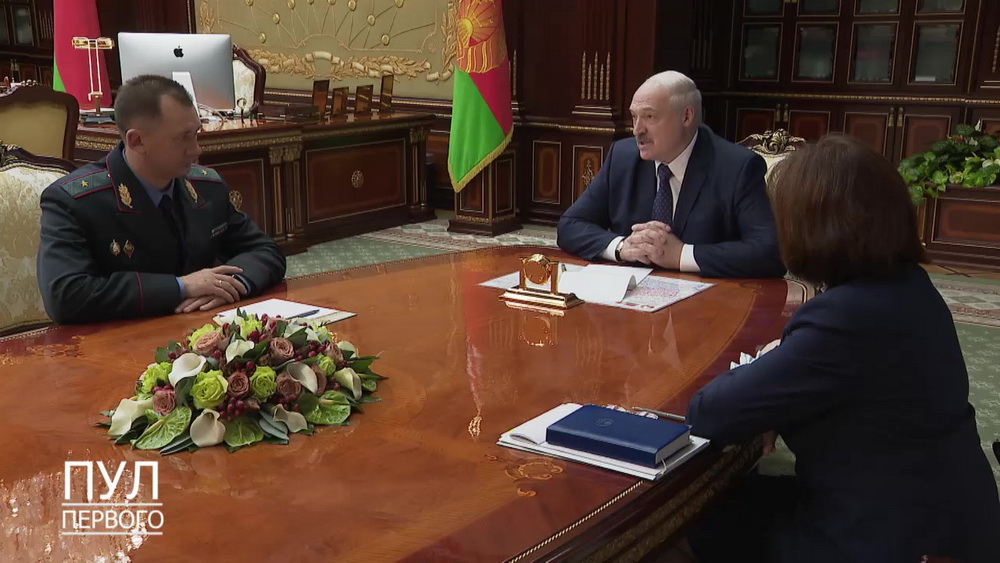Navigating the delicate terrain of the 2024 elections: Lukashenka versus the nomenklatura
 The situation has not changed
The situation has not changed

For Lukashenka, the upcoming parliamentary and local council elections are pivotal as he gears up for the next presidential campaign. Concurrently, a faction of the ruling class sees the 2024 election campaign as part of a more extensive, long-term overhaul of the personalized regime and an effort to strengthen their positions within the Lukashenka hierarchy in anticipation of an imminent transition.
The ruling class is keen on solidifying its supporters and reinstating the legitimacy of state bodies. This requires universal acceptance, across all societal groups, of the existing rules of the game, coupled with ideological alignment with the ruling group led by Lukashenka. There is also a push for complete pacification and depoliticization of regime opponents, with any form of protest activity being harshly labeled as extremism and met with severe persecution.
The aftermath of the legitimacy crisis of 2020 still lingers for the first president, which was quelled through heavy-handed repression. Ideologues and propagandists are actively working to reshape society’s perception to a time “pre-2020,” emphasizing that Lukashenka’s supporters constitute the majority.
The first president aims to test the electoral landscape for stability and consolidation. The response of the protesting segment of society to electoral challenges is deemed crucial by the regime’s top leadership. Lukashenka is eager to gauge the potential of opposition forces to mobilize their sympathizers during the upcoming political campaign.
Simultaneously, the regime has effectively demotivated supporters of change from participating in political campaigns. A broad coalition of the opposition, led by Tsikhanouskaya, advocates for a boycott approach.
Lukashenka has renewed an agreement with the nomenklatura in an attempt to address the political crisis, a fact cautiously acknowledged by regime loyalists. This agreement has led to concessions by the first president, potentially jeopardizing his one-man rule. Following the 2022 referendum, the two-term limit for presidential nominations was reinstated. The ruling class reached an agreement to form a new collegial body—the All-Belarusian People’s Assembly. Bielaja Ruś has finally transformed into a political party. However, for a significant period, the first president impeded the development of the party system, particularly the political transformation of Bielaja Ruś,” which boasts intricate structures and robust support among regional nomenklatura.
Undoubtedly, Lukashenka, the autocrat, is intent on maintaining the existing state with one-man rule for at least 5-10 years. This involves a recurrent negotiation concerning the redistribution of powers from the presidential branch to collegial governing bodies.
The February elections bolster the positions of both individual ambitious politicians within Lukashenka’s circle, who anticipate a gradual regime transformation (primarily due to biological circumstances), and registered political parties in a new political configuration.
Subscribe to our newsletter




Situation in Belarus
Constitutional referendum: main consequences


 Video
Video
How to count the political prisoners: are the new criteria needed?


 Video
Video
Paternalism In Decline, Belarusian Euroscepticism, And The Influence Of Russia


 Video
Video












